7 Japanese Superfoods To Boost Your Immune System
Japan’s Best Nutritious Foods To Keep You Healthy All Year Round
Many traditional Japanese foods are filled with antioxidants, vitamins, minerals, and even beneficial bacteria (for optimal gut health). Forget the pills and potions—try these Japanese superfoods to naturally keep your body healthy and your immune system strong!
Many of Japan’s traditional foods are fortunately both healthy and delicious. Keep your immune system flourishing by adding these Japanese superfoods to your next grocery store haul!
1.Matcha
Matcha was consumed in Japan long before it was a trending latte flavor—it was first introduced from China by a Japanese Buddhist monk in 1191. Matcha is made from whole, high-quality green tea leaves, de-stemmed and ground down to a powder. The powder is mixed with water so you consume the whole leaf, unlike regular green tea, where the leaves are steeped in hot water then removed.
Matcha is traditionally consumed in tea ceremonies, where the drink is prepared step-by-step with elegance and respect. In modern-day Japan, matcha can be found in assortments of drinks, desserts, candies, and baked goods, and can be recognized by its deep green shade.
Health Benefits
Matcha is packed with antioxidants—up to 137 times more than other types of green tea—which help to reduce cell damage and fight chronic diseases. Drinking matcha may also help protect against heart disease by lowering “bad” cholesterol, and increase your metabolism. Matcha contains a lot of caffeine, about three times more than regular coffee or green tea, so expect heightened brain function, but without the crash: an L-theanine compound also found in matcha alters the caffeine to prevent a crash in energy levels, while also inducing feelings of relaxation.
Savvy Tip
When preparing your own matcha, be sure to use hot, but not boiling, water for mixing (about 80ºC).
2. Miso
Miso is a fermented soybean paste that’s a culinary pillar in Japanese food flavoring. Historically, miso was a luxury ingredient not available to the general population, but today it is found in every Japanese kitchen. Miso comes in a few different types, depending on fermentation duration and secondary ingredients. Shiro (white) miso is all-rounder miso, which is fermented for longer than two months. Shinsu (yellow) miso is mild in taste and fermented for slightly longer than shiro miso. Aka (red) miso, is fermented for up to three years and has a saltier, deeper taste that can easily overpower other flavors.
Miso is most commonly consumed in Japan as miso shiru or miso soup, when it’s mixed with a fish or seaweed broth and topped with tofu, green onions, and wakame. It’s also commonly used as a marinade or glaze for roasted meat and vegetables.
Health Benefits
As a fermented food, miso is a great source of probiotics or beneficial bacteria, which increases the health of your gut and enhances your immune system. Miso is also high in protein, in minerals like manganese and zinc, and vitamin E, vitamin K, various B vitamins, and folic acid. Note that miso has high salt content, it is possible to have too much of a good thing!
3. Yuzu
Yuzu is a citrus fruit that originates in Japan, which tastes like something between a mild lemon and a sharp grapefruit. The inside of the fruit is hardly ever eaten on its own, but the yuzu flavor derived from its juice and peel can be used in numerous ways.
Yuzu has large seeds on the inside so they can’t easily be juiced, however, its refreshing flavor is often added to teas, soda, and alcoholic drinks in Japan. The zest can also be used to add depth to a simple dish and can be found in the spice aisle at a supermarket. The most common place you’ll find yuzu in a Japanese kitchen is in ponzu, a refreshing, yuzu-based sauce made with rice vinegar, sweet sake, and other ingredients. You might even find yuzu floating in an onsen, or Japanese hot spring, because of its relaxing scent and rejuvenating surface oils.
Health Benefits
Like any citrus fruit, yuzu is great for vitamin C intake, which is excellent for the immune system. This superfood actually has three times more vitamin C than lemons! Yuzu is also packed with antioxidants, and compounds in the peel may reduce inflammation and increase blood flow. The yuzu fragrance is also known to reduce stress, which explains why it can often be found as an essential oil, and in cosmetics and scented sprays.
4. Kaiso, known as Seaweed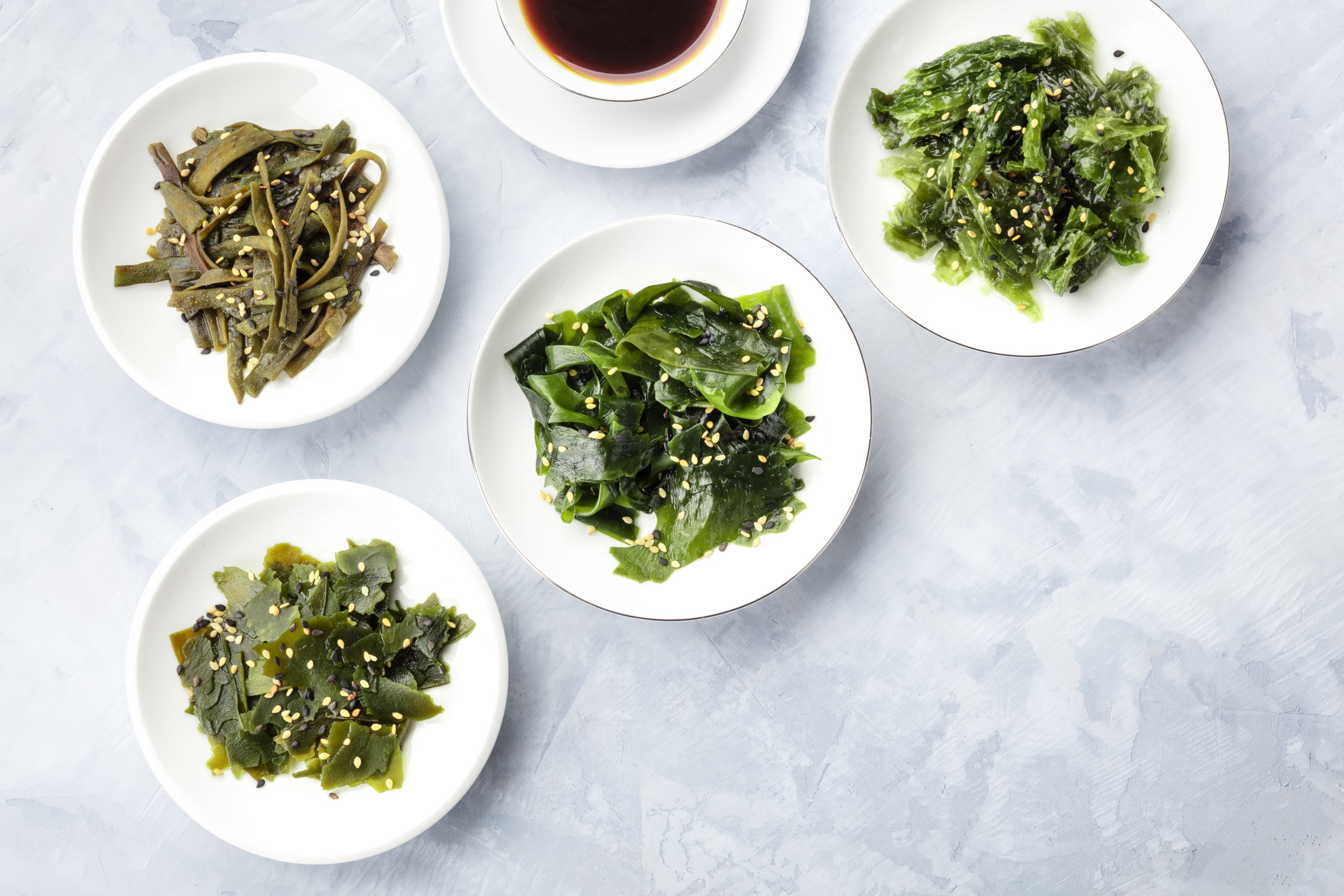
The terms konbu, wakame, hijiki translate to seaweed in English and nori as laver. Japanese kaiso, or the umbrella term for all marine-growing plants (seaweed), is consumed in many different ways in Japan. Similar to spirulina, a popular western superfood (also a seaweed), kaiso has many exceptional health benefits.
Konbu, a tough slab of dried seaweed, is used for making dashi, or broth, and not usually consumed directly. Wakame is commonly seen in miso soup and is a thinner seaweed that’s often left dehydrated in a Japanese pantry, then rehydrated before consumption in soups, salads, and sunomono, or vinegar-based side dishes. Hijiki is a mild-tasting, small, black seaweed that looks sort of like dried tea leaves. It’s commonly consumed in Japan as a salad or stir-fry, but can be seen in soups and stews too. Nori, or laver, is the type of seaweed most known to Westerners. Nori is a dried, toasted, sometimes fried, a sheet of seaweed that is perfect to eat raw or to wrap around an onigiri rice ball or sushi roll.
Health Benefits
Seaweed is a great way to consume vitamins and minerals, without taking in too many calories. They contain vitamins A, B, C, and E and also contain iron, protein, and fiber. Seaweed is also rich in iodine, which helps the thyroid function correctly and helps prevent hyperthyroidism.
5. Natto
One of the most divisive foods in Japan is natto: you either love it or you hate it. This sticky, pungent, neba-neba (sticky), stringy food is made of fermented soybeans. Japanese consume 7.5 billion packets of natto each year, and it may be a large contributor to the longevity of Japan’s residents.
Natto can be found in every Japanese supermarket and convenience store in small one-serving size containers. Eat natto straight out of the packet (mix it well with chopsticks to get the perfect amount of slime), or have it with a raw egg on top of a bowl of rice for a wholesome Japanese breakfast. Natto can also be found in sushi rolls, topped on toasted bread, and even mixed in with okonomiyaki savory pancake batter.
Health Benefits
Similar to miso, since natto is a fermented food, it has great quantities of gut-friendly bacteria, and as a soy product, it’s high in protein. Natto is said to be good for bone health and preventing osteoporosis (brittle bones) too because of its abundance of vitamin K2, which is hard to get in any other food. Natto also contains an enzyme that helps break down proteins involved in blood clotting, to reduce the risk of heart attacks and stroke.
6. Umeboshi
Umeboshi are pickled plums, small red balls known for its mouth-puckering, sour taste. They are made from ripe Japanese plums, which are pickled, salted, and dried, then preserved in ume-zu plum-vinegar (not to be confused with umeshu, a plum-alcohol). What started as one sour flavor, umeboshi now comes in several degrees of sour-ness and salty-ness as well as sour-sweet varieties like honeyed umeboshi.
These Japanese pickled plums are commonly eaten together with rice, to counteract its sharp taste. It can be found in onigiri rice balls and sushi. It can even be popped straight into the mouth and eaten—just remember to spit out the seed in the middle!
Health Benefits
Centuries ago, umeboshi was used in Japan as a medicine, to “purify water”, “cure dysentery” and “fight typhoid fever”. These days, we have a bit more science to back what umeboshi can actually do to keep our immune systems healthy. Studies show that eating umeboshi can help protect the liver, and help prevent liver disorders (it’s also known in Japan as a hangover remedy for this reason!). Umeboshi may also be natural prevention for cancer when studies showed that ume extract stopped the growth of cancer cells, they are also high in antioxidants and fiber. Watch out for umeboshi’s high salt content.
7. Zakkoku Rice
Step up your rice game by trying zakkoku-mai, or zakkoku rice. Zakkoku translates to “millet” or “grains”, and mai is rice. It’s a mix of regular white or brown rice with any combination of millet, barley, quinoa, oats, and other similar seeds and grains. Adding zakkoku to your rice significantly elevates the nutrient intake you get from one bowl, without too much difference in the taste or texture!
At a Japanese supermarket, you may be able to find a premixed bag of zakkoku-mai, zakkoku with white or brown rice. Alternatively, look for a bag of zakkoku—millets, grains, etc all mixed together—and add a cup or two in with your next rice batch.
Health Benefits
The millet and whole grains in zakkoku rice provide ample amounts of fiber, which helps to control blood sugar, lower bad cholesterol, and improve digestive health. Adding zakkoku may also help you feel fuller for longer, to help you with portion control and help lose weight. It also adds essential minerals such as iron, magnesium, and zinc to your daily bowl of rice!
Any other Japanese superfoods that you have in mind? Tell us what’s your secret weapon in the comments below!

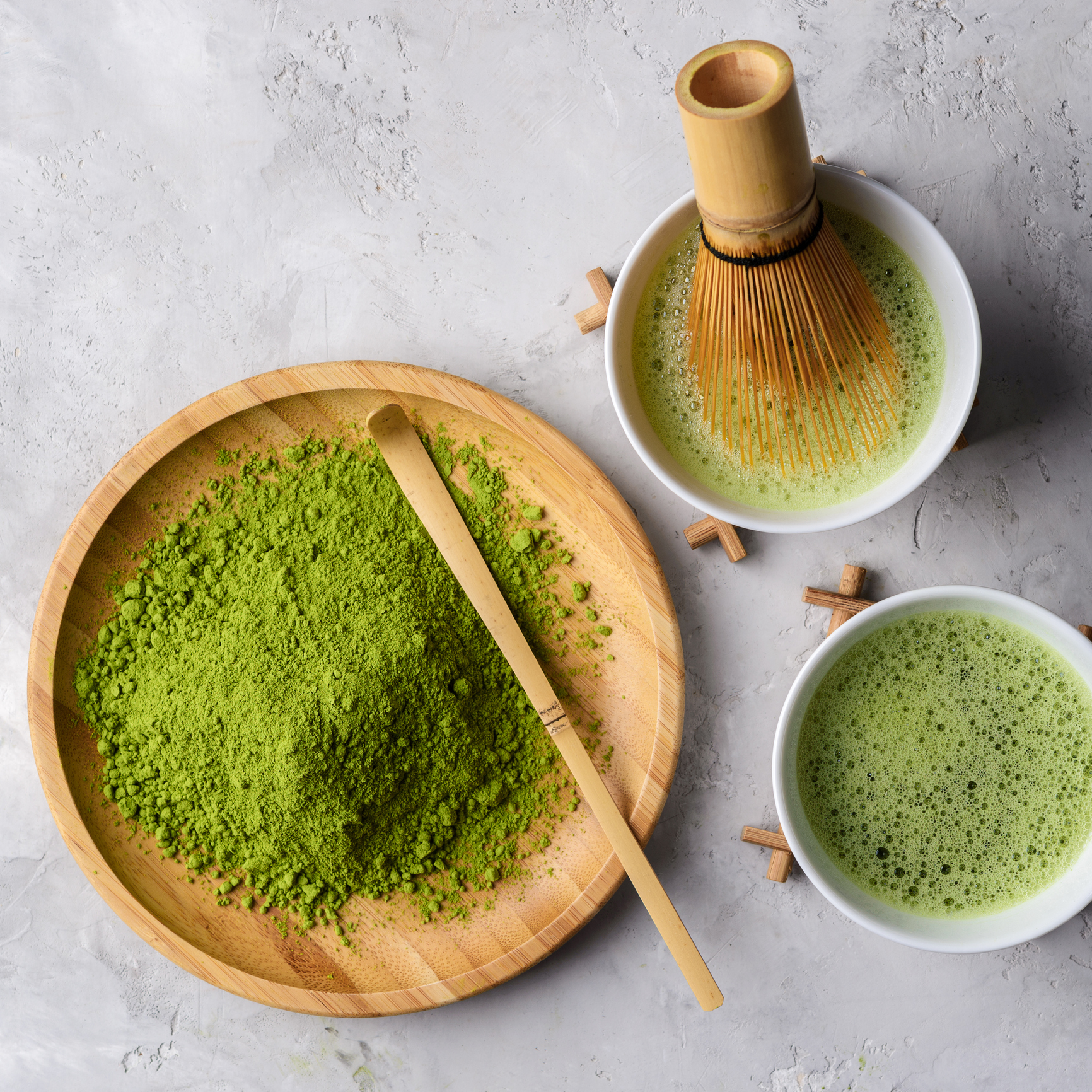
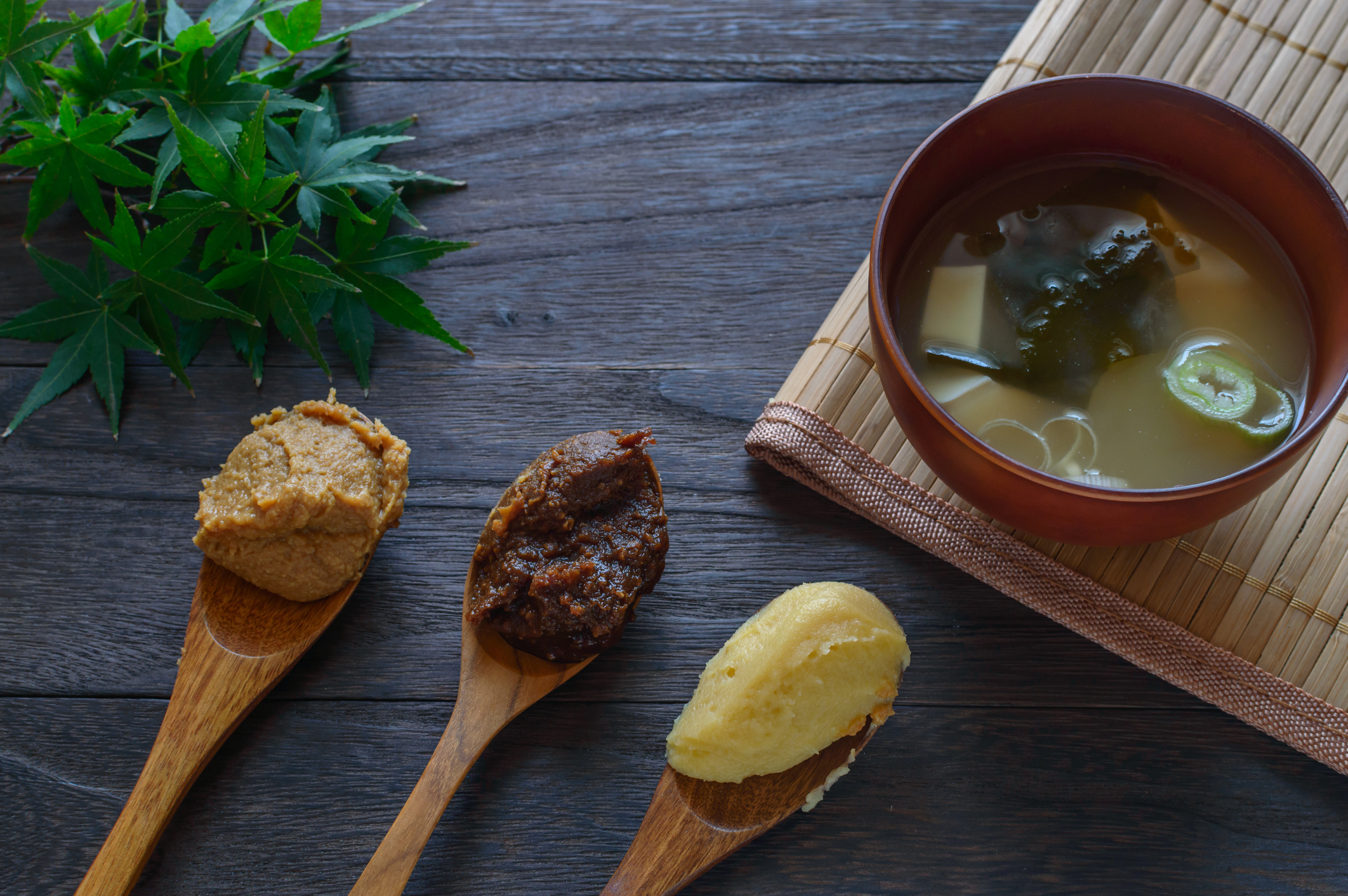
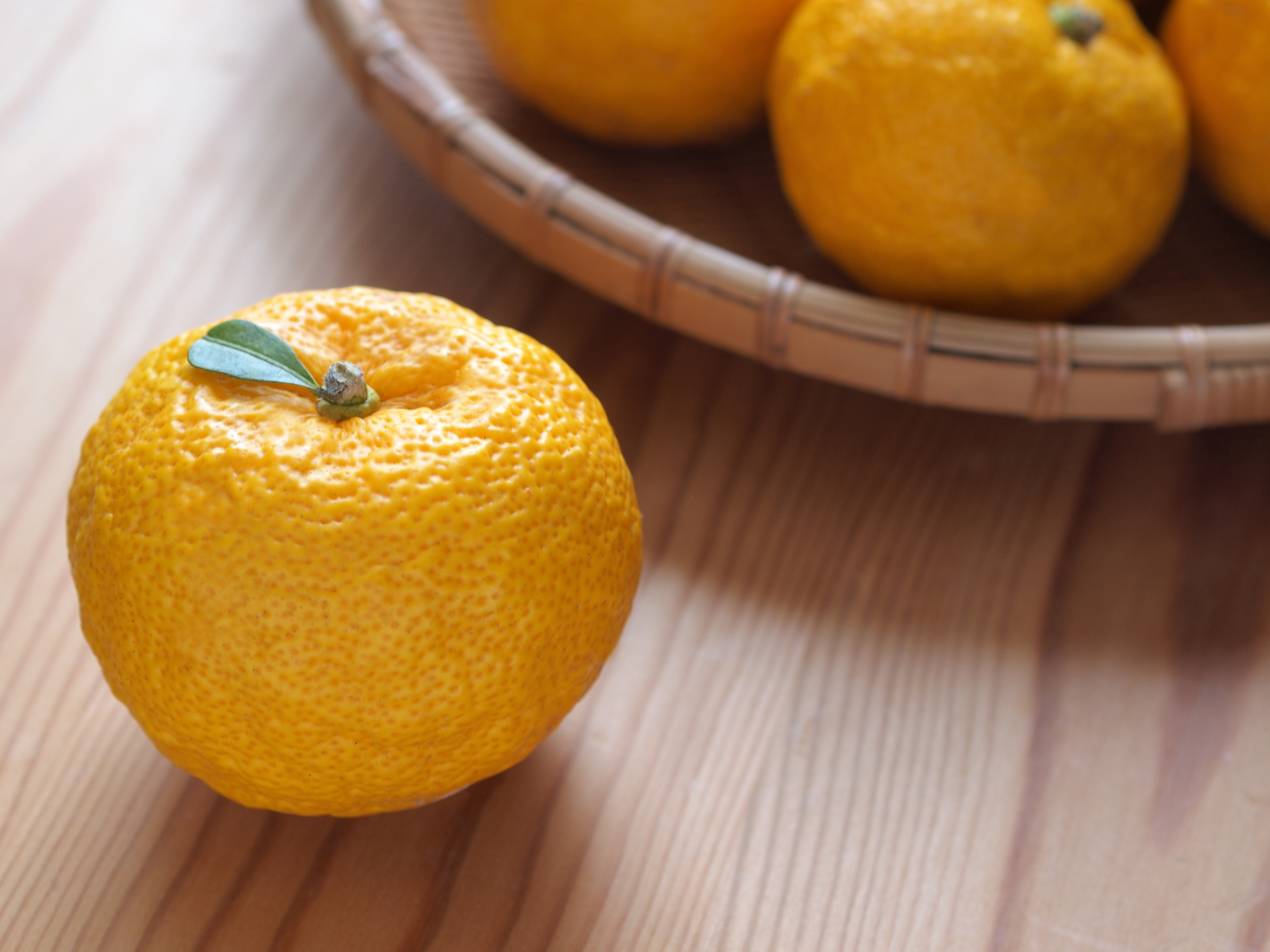
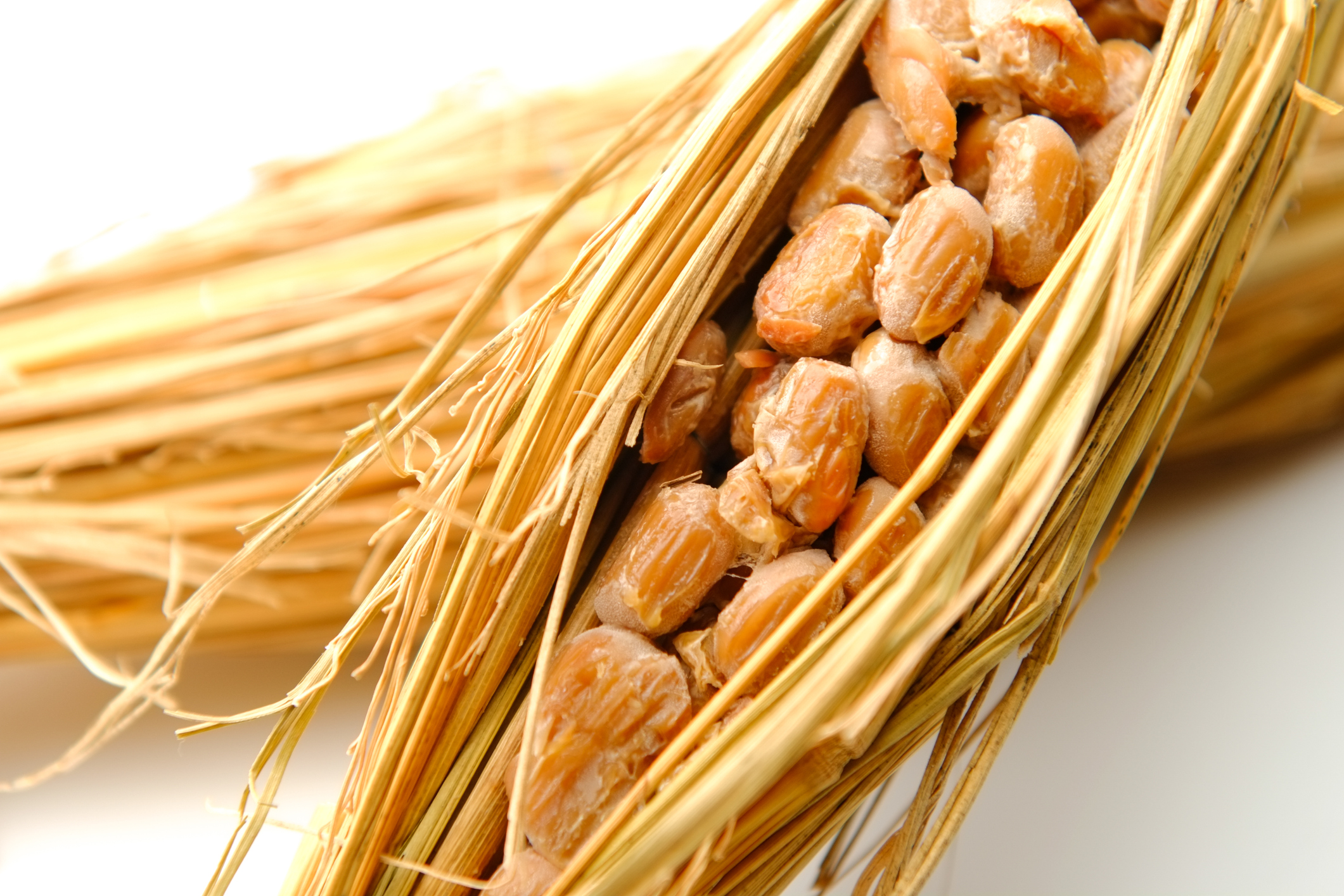
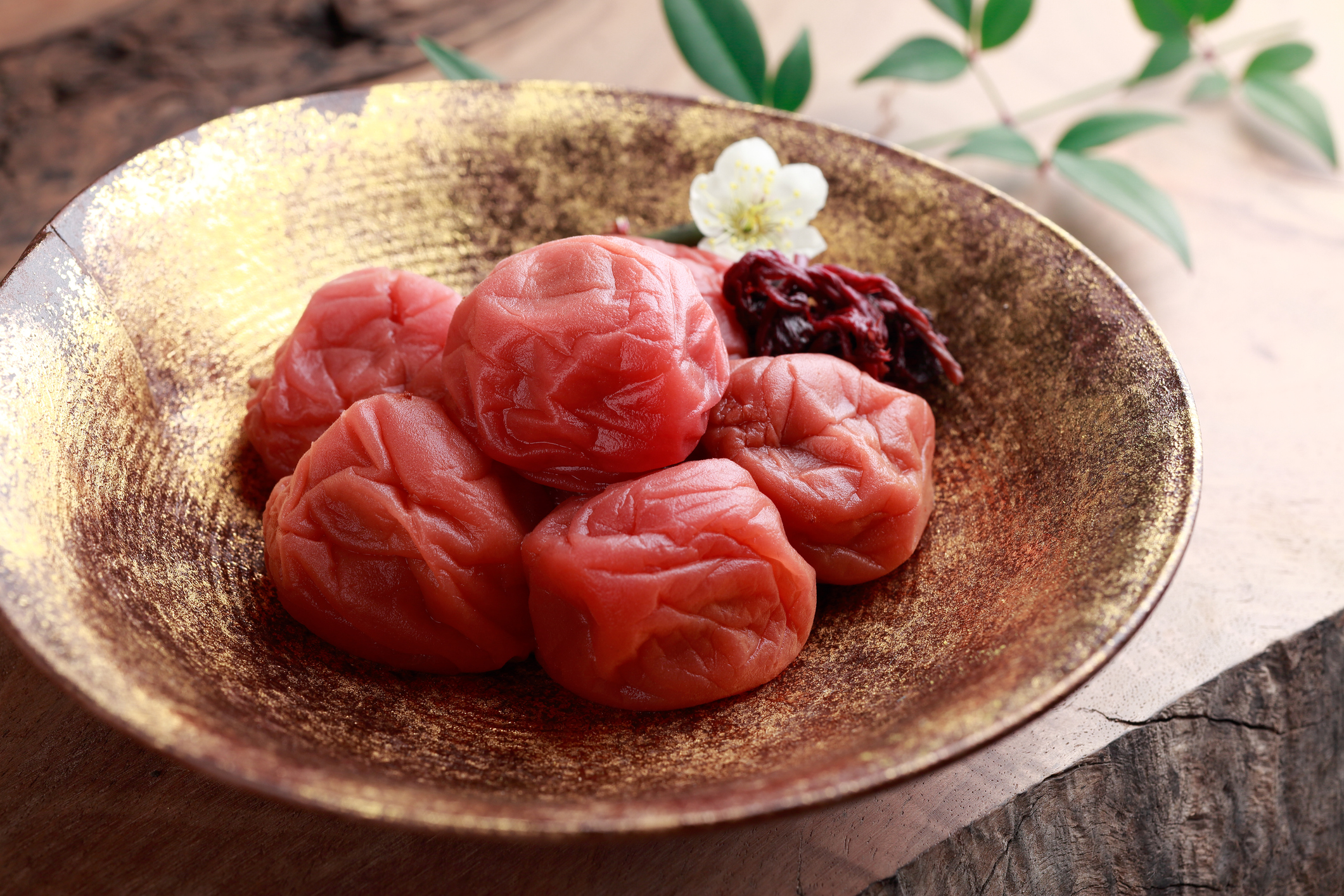
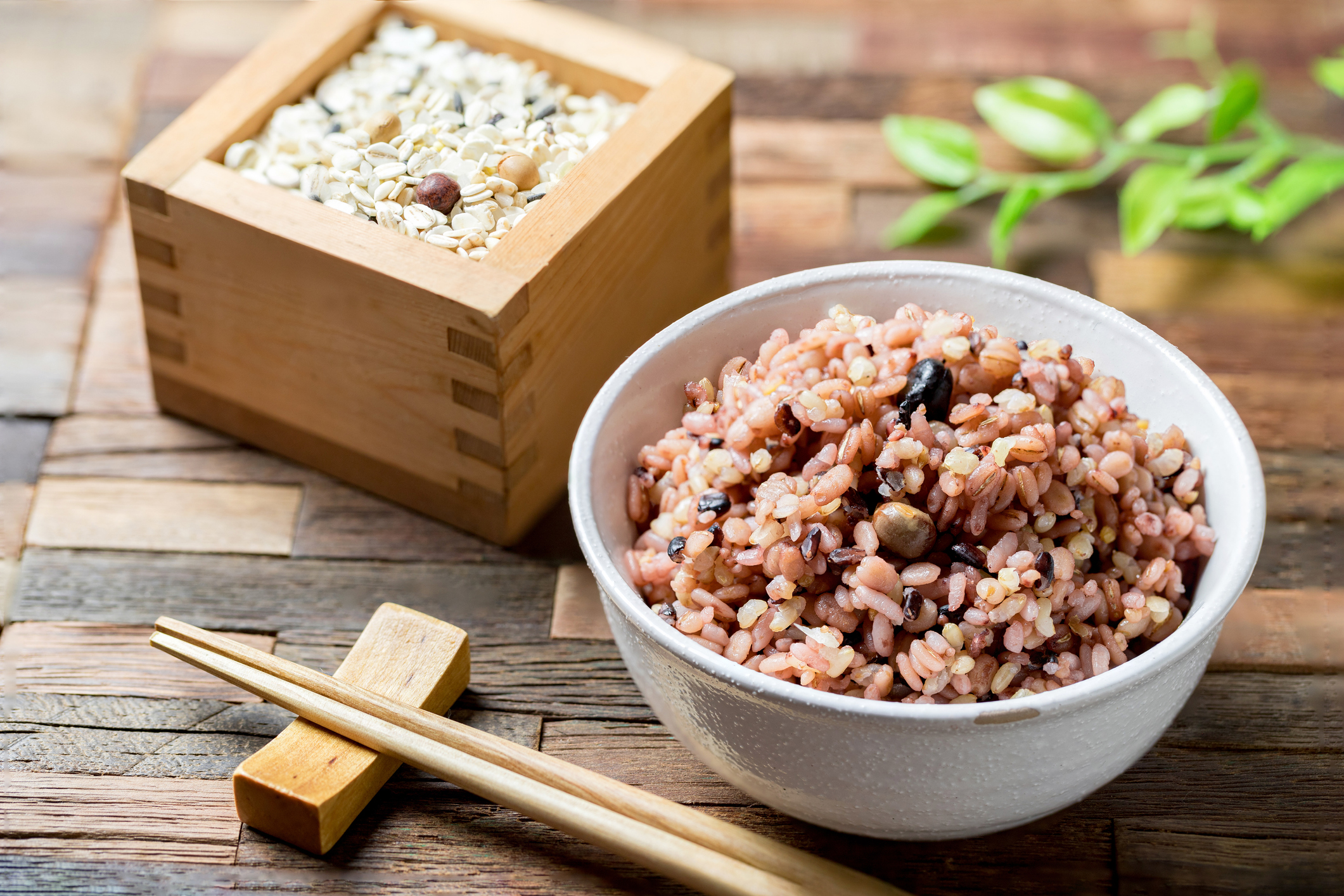












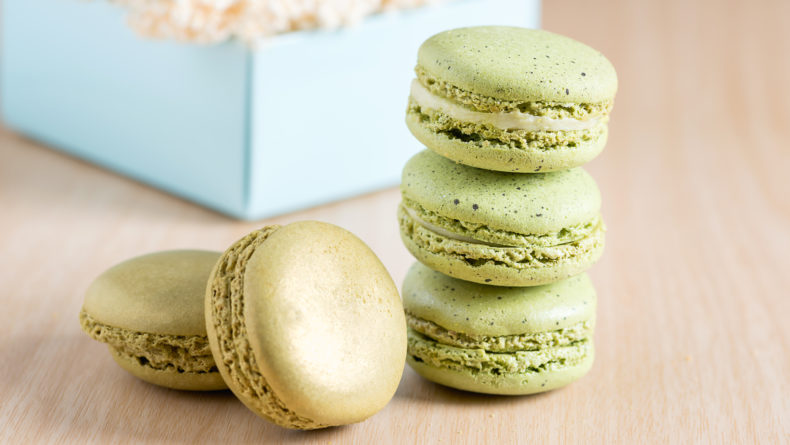
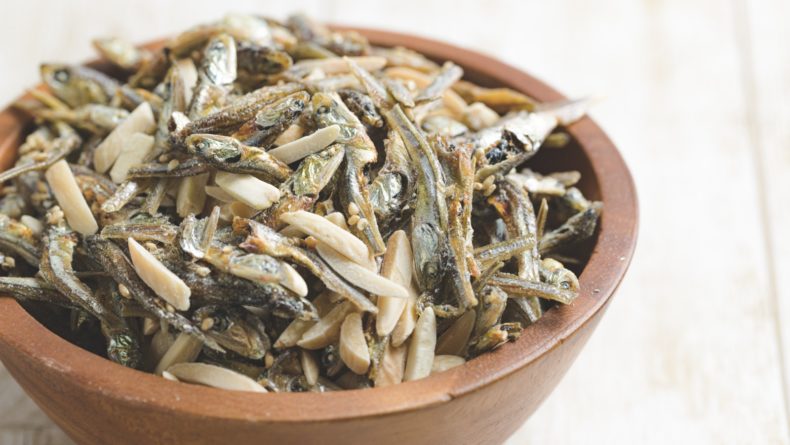
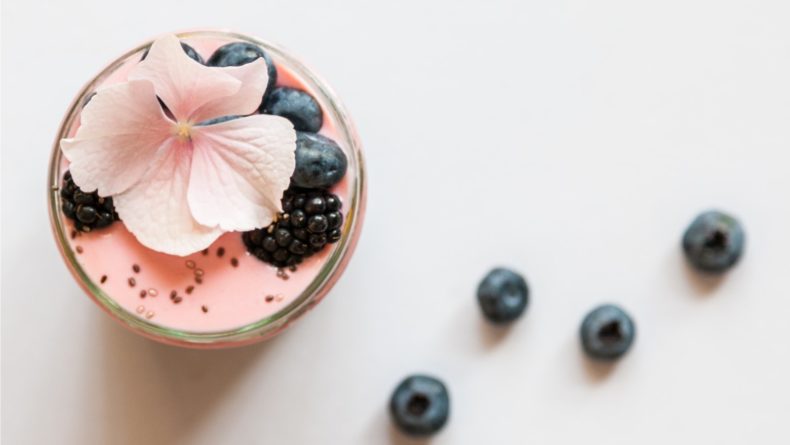
Leave a Reply